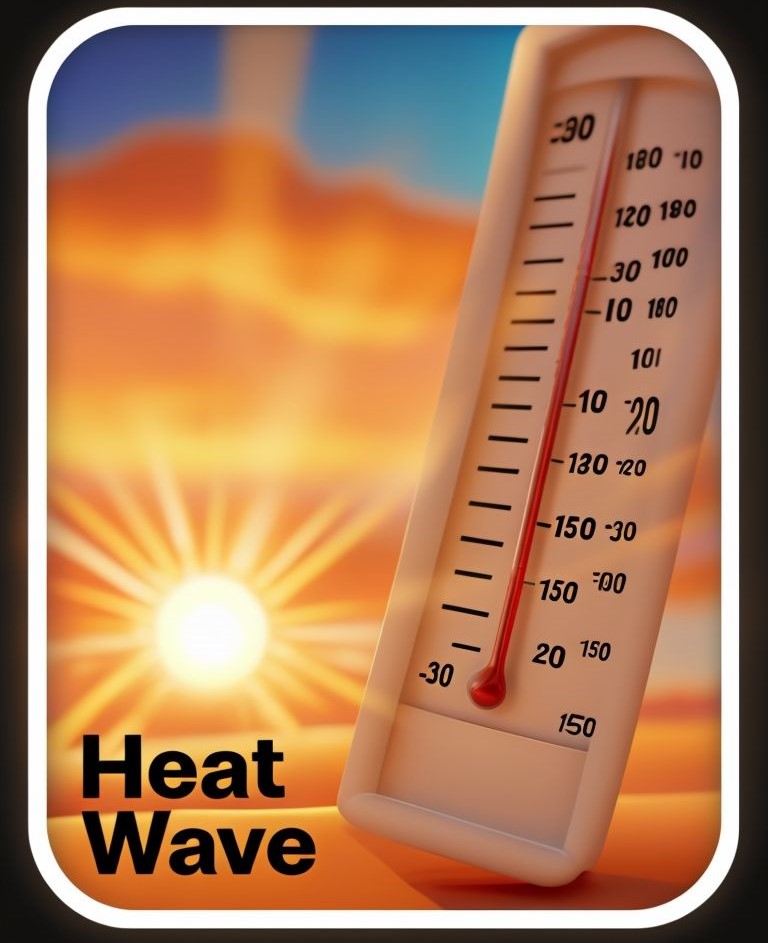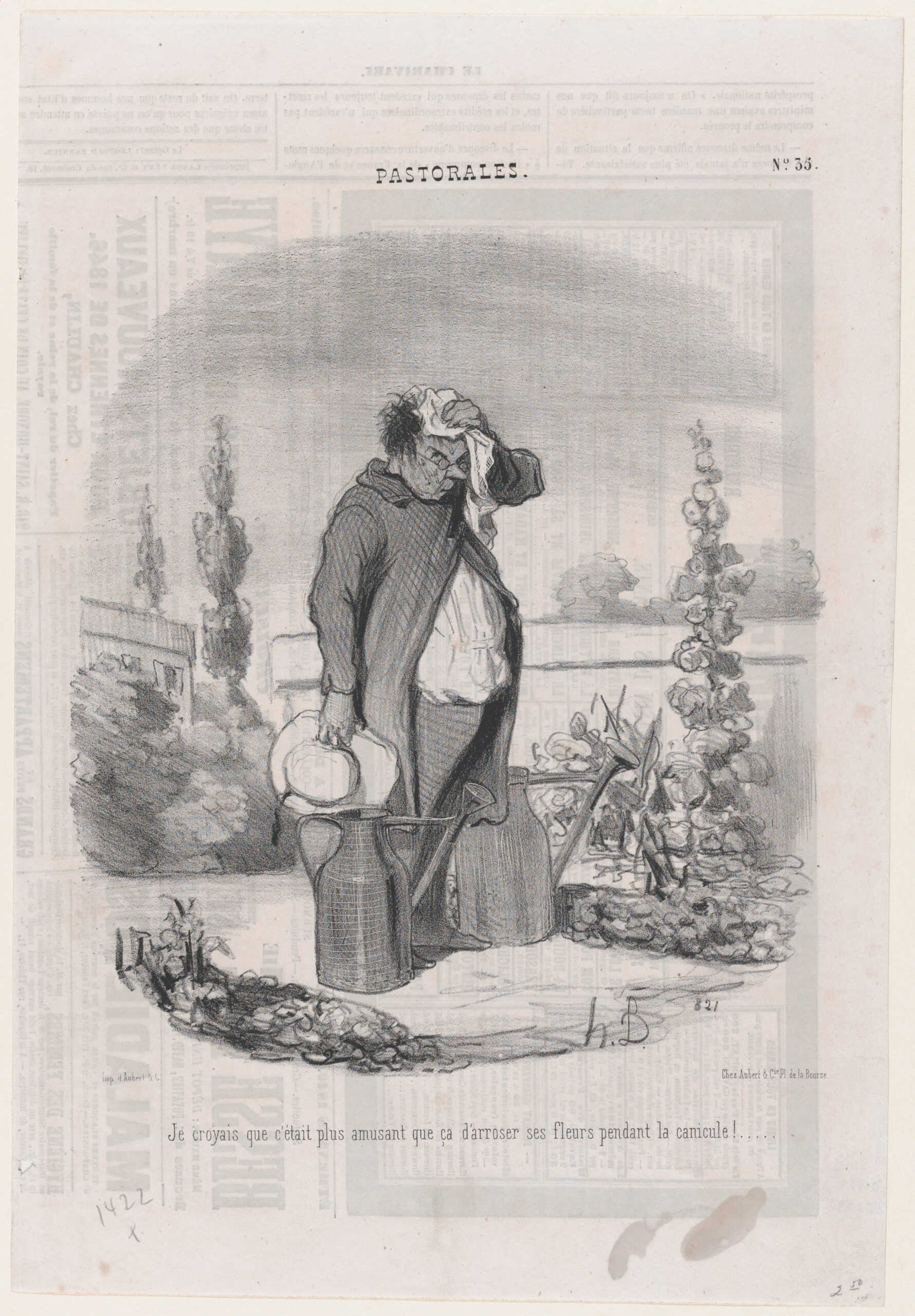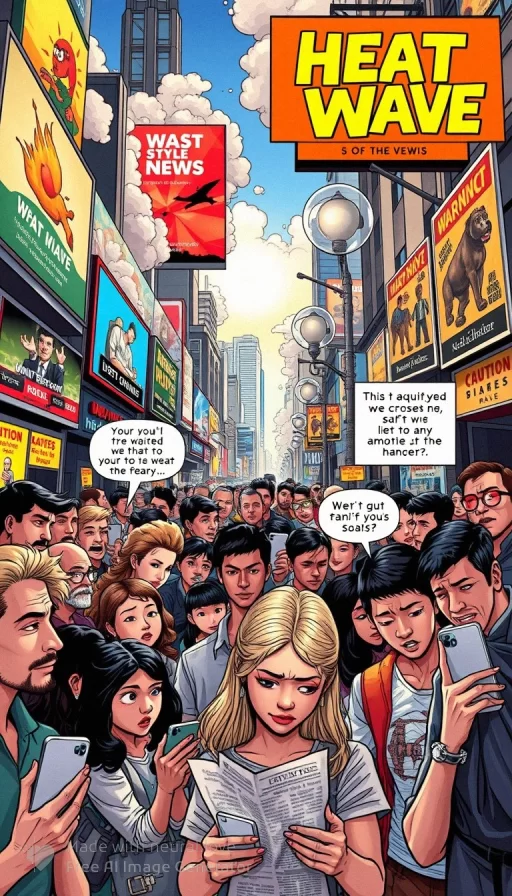In March 2022, Antarctica’s icy calm was shattered by what can only be described as a weather whiplash so intense, it could give anyone a case of “weather whiplash.” Record-high temperatures hit the McMurdo Dry Valleys, causing chaos for the microscopic residents that call this frozen desert home. ❄️😲
🌨️ The Weather Rollercoaster
Imagine living in one of Earth’s driest spots, where rain is a myth and humidity is non-existent. That’s the McMurdo Dry Valleys for you—locked in an eternal freeze. Until March 18, 2022, when everything changed. 🌪️🚀
On that fateful day, a subtropical air river swept over Antarctica, turning the temperature dial up by over 70 degrees Fahrenheit. Yep, you heard that right—Antarctica was feeling the heat! The thermometer did a moonwalk from the usual freeze to a scorching surprise, leaving researchers like Virginia Tech’s Professor Jeb Barrett wide-eyed. 🌡️🌀
🛰️ Satellite Shenanigans
To get the 411 on this extreme thaw, Barrett and his team used multispectral satellite images. They spotted darkened areas on the ground from melted ice—no shadows here, just a rapid, massive thaw. Picture this: the frozen ground turned into a watery mess in no time. 🌍📈

💔 Tiny Terrors: Survival in Peril
December 2022 brought some sobering news. Researchers collected soil samples and found that over 50% of the tiny invertebrates—think rotifers, tardigrades, and nematodes—had perished in the thawed areas. These critters, crucial to the ecosystem, couldn’t handle the sudden change. Their once-chilly homes became death traps. 🪱🕷️

🌍 A Wake-Up Call
Professor Barrett’s research isn’t just science nerd-talk—it’s a major wake-up call. As we’re seeing climate swings in places like Southwest Virginia and beyond, the effects on microscopic life remind us that rapid environmental changes hit everyone—big and small. 🌿⚠️
So, next time you hear about Antarctica’s wild weather, remember: it’s not just about ice caps and glaciers. It’s about the tiniest creatures struggling to keep up with Mother Nature’s mood swings. 🌐💧
